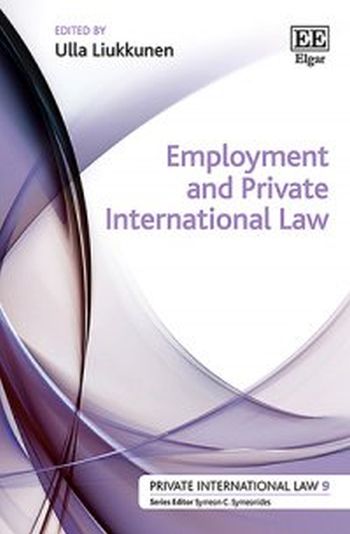We will be closed from 5pm Thursday 17th April for the Easter Bank Holidays, re-opening at 8.30am on Tuesday 22nd April. Any orders placed during this period will be processed when we re-open.

This invaluable collection gathers together a unique set of articles that focus on employment law and labour protection issues that are central to understanding the complex development of private international law and its broadening challenges. The articles reflect their time, but also discuss timeless questions that raise specific features and fundamental issues of this ever-changing subject area. Together with an original introduction by the editor, the collection draws attention to the broader regulatory framework and significant challenges to traditional approaches under way. This collection will be of great interest to both labour law and private international law scholars and practitioners who deal with cross-border work.